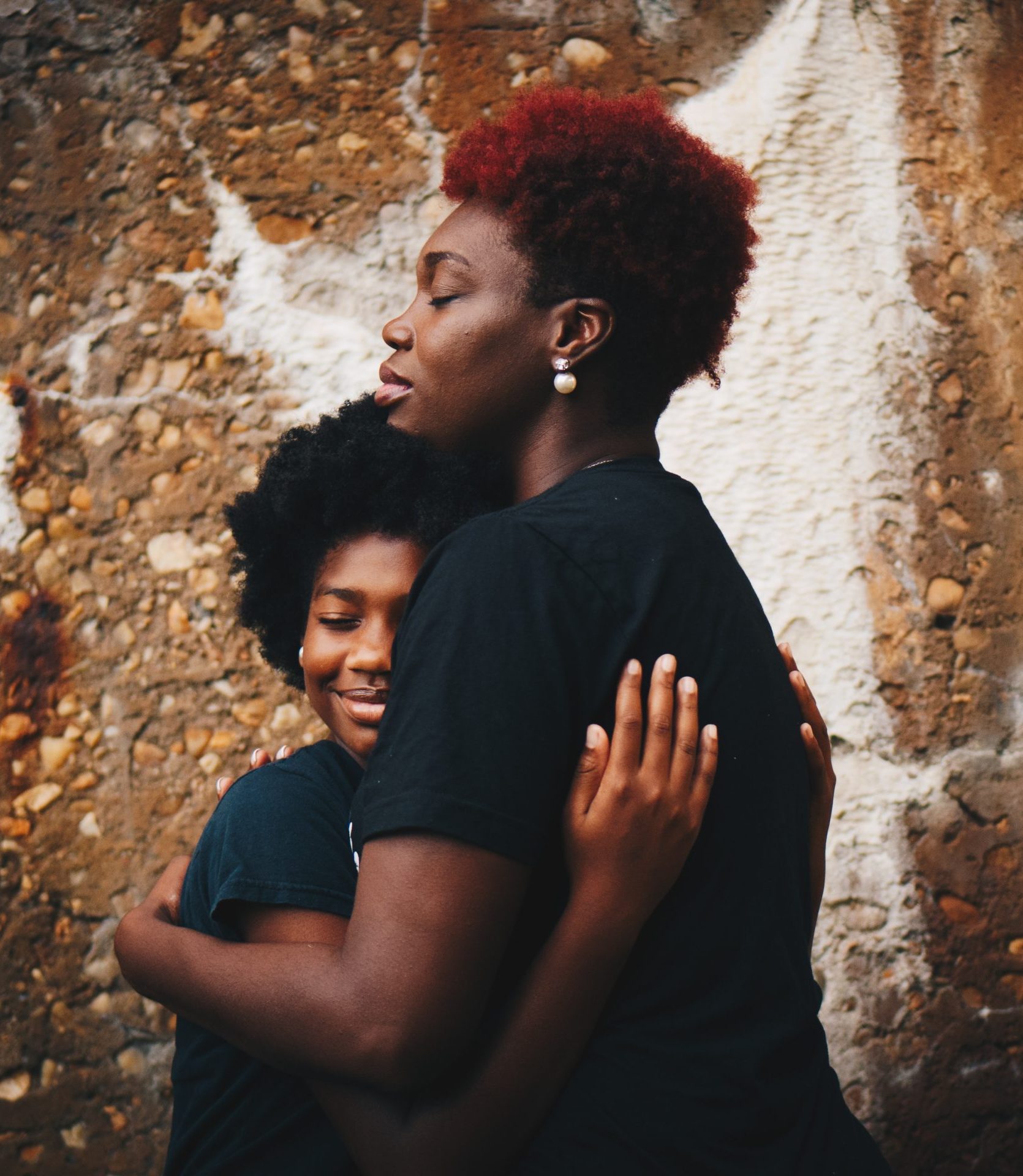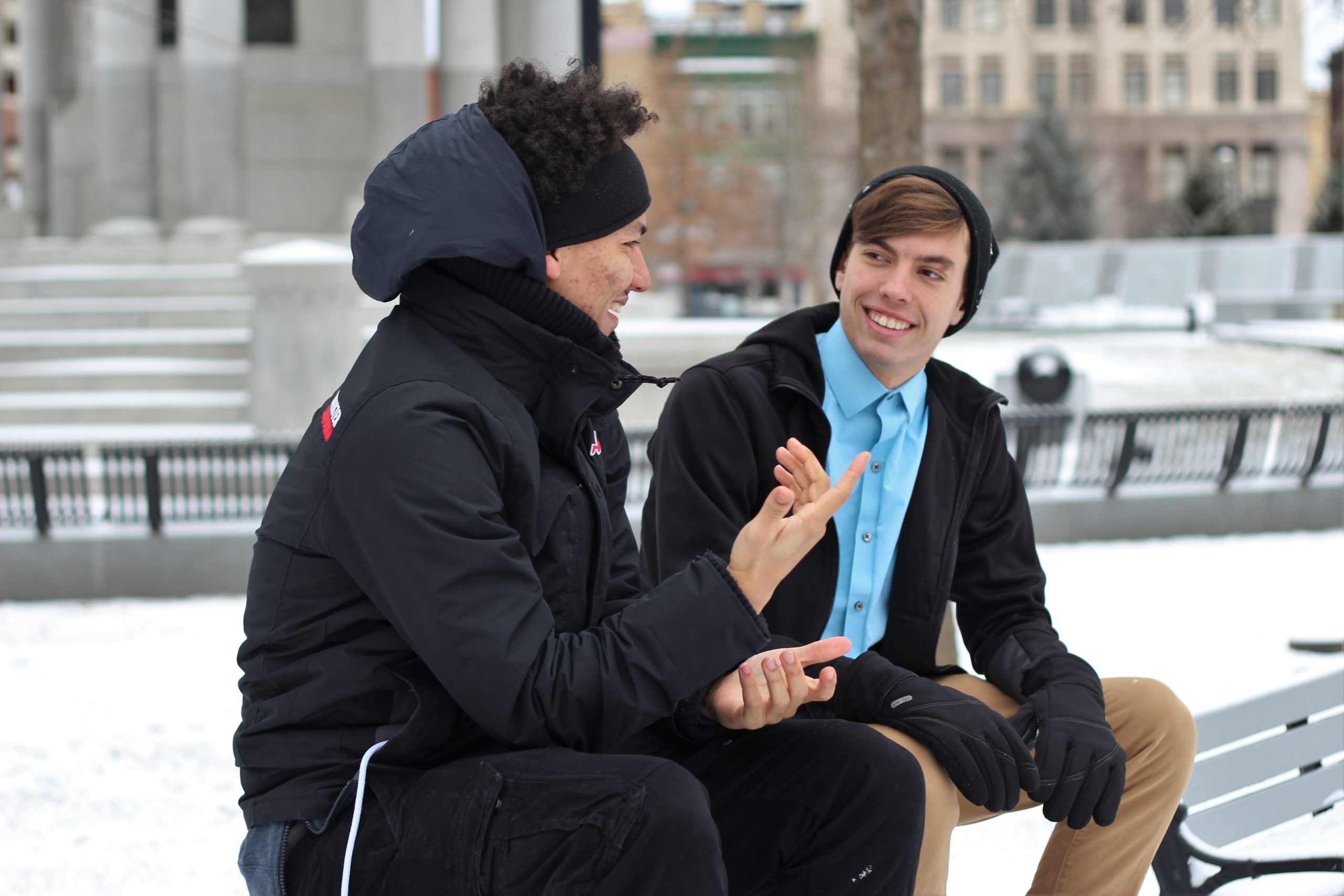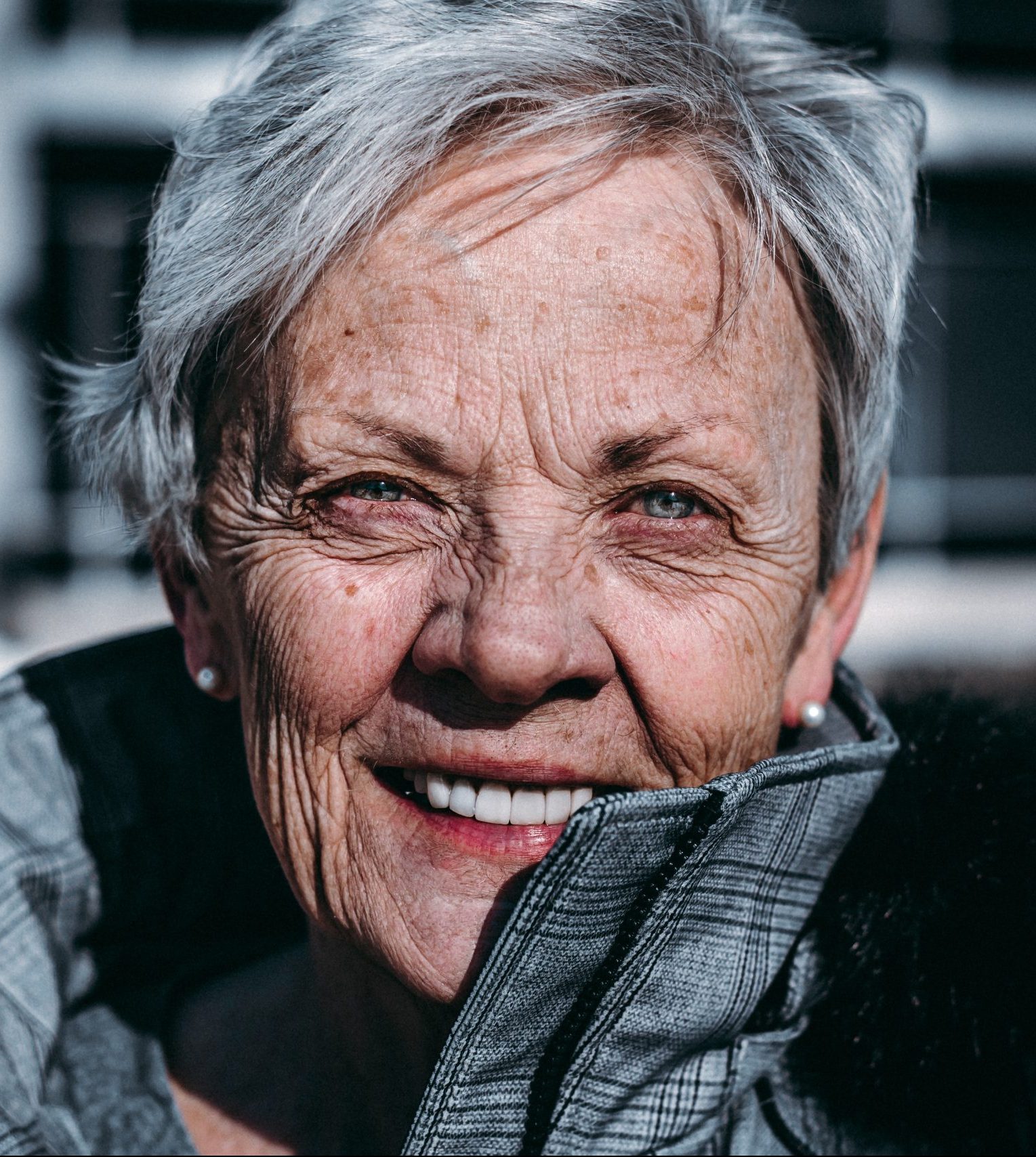Reframing Autism is committed to furthering the aims of inclusive research that is genuinely co-produced with the Autistic community, and which acknowledges our community as the clear beneficiaries of knowledge production and translation.
We have thus offered our time and expertise to various research projects as co-researchers, collaborators, partners, and consultants to ensure that Autistic voices are represented across the research lifecycle and to inform all elements of research to best serve our community.
Typically, Autism science has been designed and conducted without any significant input from Autistic people and their allies, although encouragingly, this is beginning to change. At Reframing Autism, we urge every researcher with whom we work to contribute to that change. We challenge them to fulfil the basic mission of Autism research, which is to benefit the Autistic community and foster our quality of life. We support them to consider how the research knowledge they have will be translated to the communities who are the immediate and practical beneficiaries of what they discover.
It is through research that is co-produced with and for the Autistic community that we will effect the greatest change for Autistic wellbeing and quality of life across the lifespan. The Reframing Autism team, then, are challenging the research status quo paradigm by positioning Autistic voices not just as passive participants in or subjects of research, but as experts whose experiential knowledge brings depth, rigour, practicality, accessibility and relevance to Autism science.
We are building relationships with Australian universities and Autism researchers to ensure that Autistic individuals, regardless of communication and support needs, are offered genuine power in the research dynamic. We look forward to continuing our research collaborations and to working with more researchers as new opportunities emerge.
If you’d like to get in touch with us about a research opportunity, please contact us here.

Pellicano, E., Brett, S., den Houting, J., Heyworth, M., Magiati, I., Steward, R., Urbanowicz, A. and Stears, M., 2022. COVID-19, social isolation and the mental health of autistic people and their families: A qualitative study. Autism, 26(4), pp.914-927.
Pellicano, E., Fatima, U., Hall, G., Heyworth, M., Lawson, W., Lilley, R., Mahony, J. and Stears, M., 2022. A capabilities approach to understanding and supporting autistic adulthood. Nature Reviews Psychology, 1(11), pp.624-639.
Lilley, R., Lawson, W., Hall, G., Mahony, J., Clapham, H., Heyworth, M., Arnold, S.R., Trollor, J.N., Yudell, M. and Pellicano, E., 2022. ‘A way to be me’: Autobiographical reflections of autistic adults diagnosed in mid-to-late adulthood. Autism, 26(6), pp.1395-1408.
Pellicano, E., Lawson, W., Hall, G., Mahony, J., Lilley, R., Heyworth, M., Clapham, H. and Yudell, M., 2022. “I Knew She’d Get It, and Get Me”: Participants’ Perspectives of a Participatory Autism Research Project. Autism in Adulthood, 4(2), pp.120-129.
Heyworth, M., Brett, S., Houting, J.D., Magiati, I., Steward, R., Urbanowicz, A., Stears, M. and Pellicano, E., 2021. “It just fits my needs better”: Autistic students and parents’ experiences of learning from home during the early phase of the COVID-19 pandemic. Autism & Developmental Language Impairments, 6, p.23969415211057681.
Pellicano, E. and Heyworth, M., 2023. The Foundations of Autistic Flourishing. Current Psychiatry Reports, pp.1-9.

Pellicano, E., Brett, S., den Houting, J., Heyworth, M., Magiati, I., Steward, R., Urbanowicz, A. and Stears, M., 2020. “I want to see my friends”: the everyday experiences of autistic people and their families during COVID-19.
Smith, J., Rabba, A.S., Cong, L., Datta, P., Dresens, E., Hall, G., Heyworth, M., Lawson, W., Lee, P., Lilley, R. and Syeda, N., 2022. “They Were Saying That I Was a Typical Chinese Mum”: Chinese Parents’ Experiences of Parent-Teacher Partnerships for Their Autistic Children. Journal of Autism and Developmental Disorders, pp.1-13.
Lilley, R., Lawson, W., Hall, G., Mahony, J., Clapham, H., Heyworth, M., Arnold, S., Trollor, J., Yudell, M. and Pellicano, E., 2023. “Peas in a pod”: Oral History Reflections on Autistic Identity in Family and Community by Late-Diagnosed Adults. Journal of Autism and Developmental Disorders, 53(3), pp.1146-1161.
Heyworth, M., Brett, S., den Houting, J., Magiati, I., Steward, R., Urbanowicz, A., Stears, M. and Pellicano, E., 2023. “I’m the Family Ringmaster and Juggler”: Autistic Parents’ Experiences of Parenting During the COVID-19 Pandemic. Autism in Adulthood, 5(1), pp.24-36.
Smith, J., Rabba, A.S., Ali, A., Datta, P., Dresens, E., Faragaab, N., Hall, G., Heyworth, M., Ige, K., Lawson, W. and Lilley, R., 2023. ‘Somali parents feel like they’re on the outer’: Somali mothers’ experiences of parent–teacher relationships for their autistic children. Autism, p.13623613221146077.

Scheeren, A.M., Crane, L., Heyworth, M. and Pellicano, E., 2023. Impact of the COVID-19 Pandemic on Autistic Adults: a Scoping Review. Current developmental disorders reports, 10(1), pp.92-122.
Heyworth, M., Chan, T. and Lawson, W., 2022. Perspective: Presuming autistic communication competence and reframing facilitated communication. Frontiers in Psychology, 13, p.938.
Smith, J., Rabba, A.S., Dang, N., Datta, P., Dresens, E., Nguyen, H.T., Nguyen, K.V., Nguyen, P., Hall, G., Heyworth, M. and Lawson, W., 2023. “We don’t make trouble”: Vietnamese parents’ experiences of parent-teacher partnerships for their autistic children. Research in Autism Spectrum Disorders, 103, p.102142.
Rabba, A.S., Smith, J., Hall, G., Heyworth, M., Lawson, W., Lilley, R., Datta, P. and Pellicano, L., 2022. Strengthening Partnerships: Autistic Parents’ Experiences with Australia’s Schools.
Smith, J., Rabba, S., Datta, P., Dresens, E., Hall, G., Heyworth, M., Lawson, W., Lilley, R., Syeda, N. and Pellicano, L., 2022. Culture and Connection: Building Strong Home-School Partnerships with Culturally and Linguistically Diverse Families of Autistic Children.
As an organisation that combines Autistic lived experience and research in our work, we know how important research is. But when research fails to reach those who might benefit most from it – the Autistic and autism communities in the case of Autism science –
it will likely also fail in its mission to impact positively the lives of Autistics.
So, in 2021, Reframing Autism began publishing research summaries, which synthesise and translate academic learnings into easily understandable language, so that Autistics and our allies outside the research space can have access ta vital information about ourselves. This act of “knowledge translation” helps to bridge the gap between the research community and the Autistic community and to ensure that research can have a functional real-world impact on the people it serves.
Our research summaries explain why a study was done, what was found, why the findings are important to the Autistic community, and offer suggestions for putting learnings into practice. Research summaries also often include options to expand learning or links to other resources, allowing readers the chance to dive deeper into a particular topic of interest. Some of our research summaries have also been translated into Easy Read format to reach a wider audience. Ensuring research knowledge reaches Autistics directly is an important focus for Reframing Autism. We will continue to produce research summaries ta make sure the Autistic community has access to current research in a more accessible way.
You can find all of our research summaries here.

The Reframing Autism team would like to acknowledge the Traditional Owners of the lands on which we have the privilege to learn, work, and grow. Whilst we gather on many different parts of this Country, the RA team walk on the land of the Awabakal, Birpai, Whadjak, and Wiradjuri peoples.
We are committed to honouring the rich culture of the Aboriginal and Torres Strait Islander peoples of this Country, and the diversity and learning opportunities with which they provide us. We extend our gratitude and respect to all Aboriginal and Torres Strait Islander peoples, and to all Elders past and present, for their wisdom, their resilience, and for helping this Country to heal.